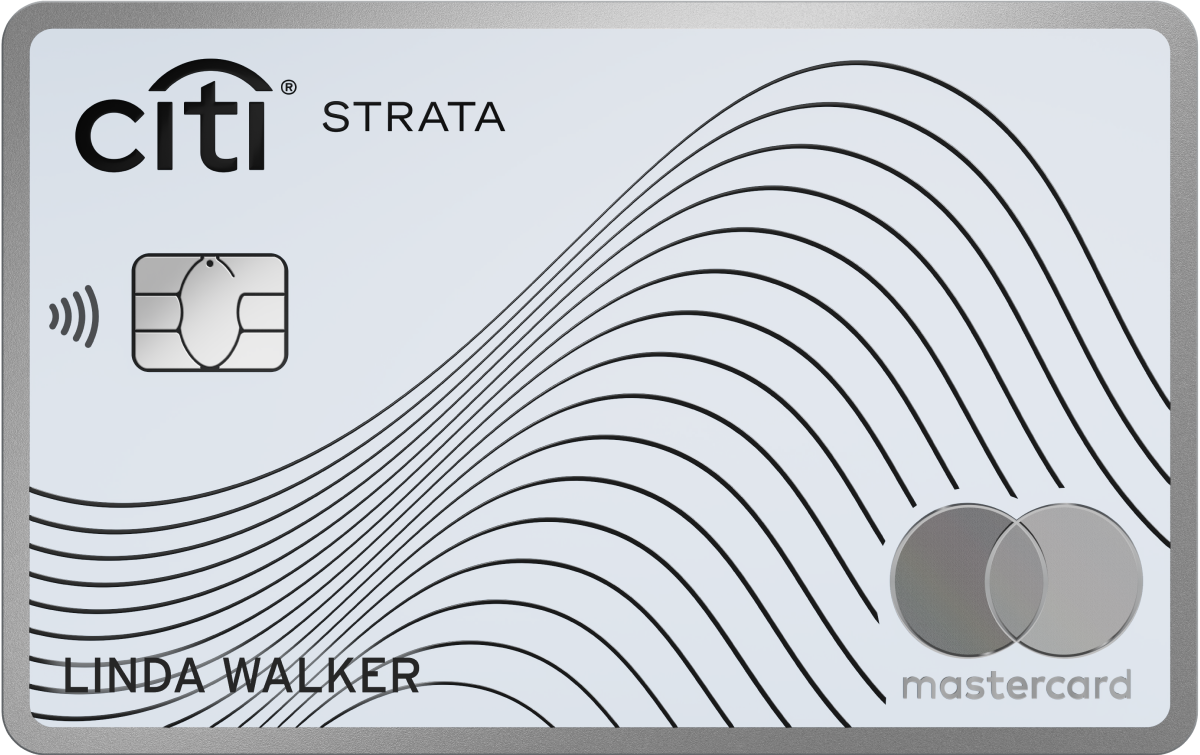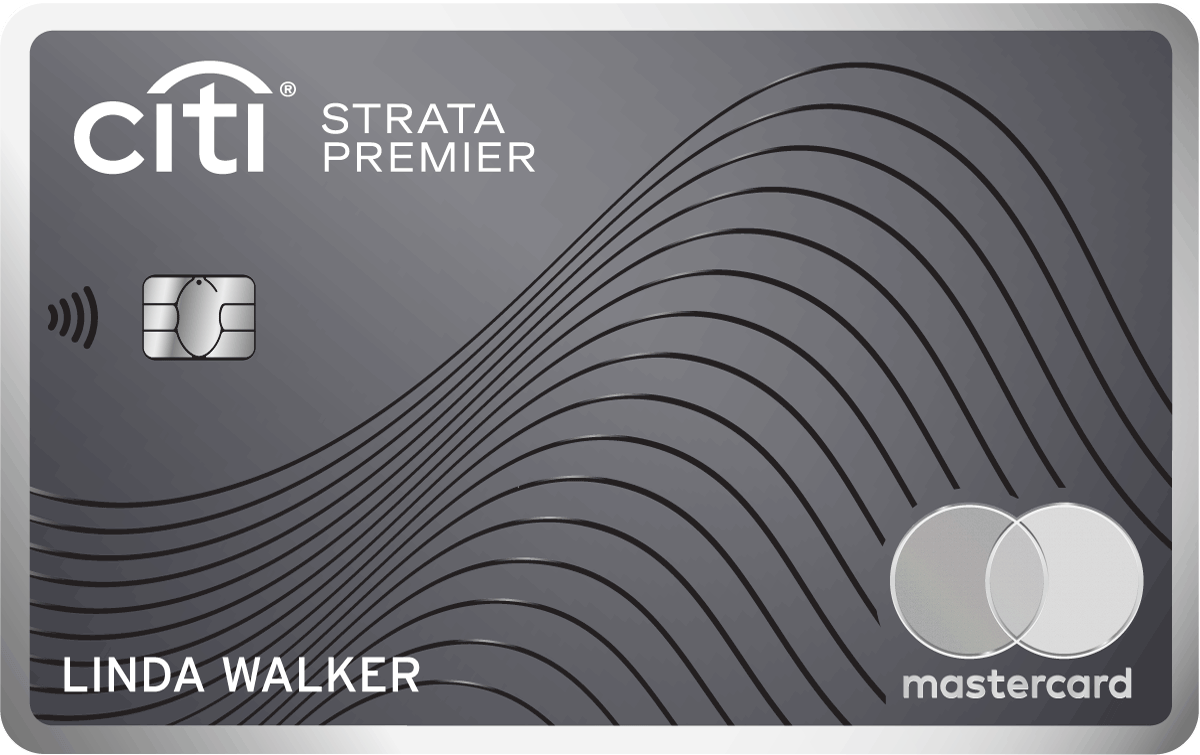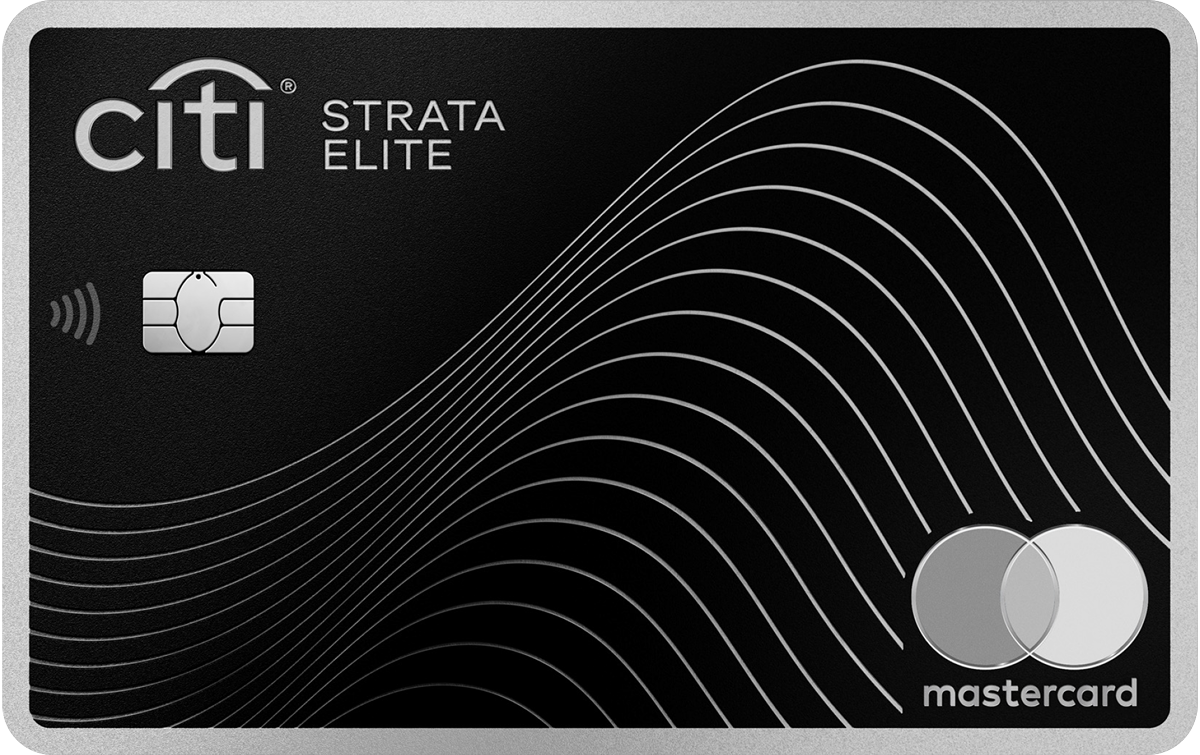A Complete Guide to Understanding Travel Credit Cards
For many, a travel credit card is an essential tool for turning everyday spending into valuable rewards like free flights, hotel stays, and a host of perks that enhance the travel experience. However, to maximize the benefits, you must first understand the fundamental mechanics of how these cards work. This comprehensive guide provides a foundational overview of travel credit cards, from the different types of rewards to the redemption strategies that can help you achieve your travel goals.
For specific guidance on assessing your travel needs and choosing the right card, read our dedicated guide on How to Choose the Right Travel Credit Card for You.
What are travel credit cards?
At their core, travel credit cards function like any other rewards card, but they are specifically designed to reward you for travel-related spending. Instead of earning cash back, you earn a travel currency, such as points or miles, that you can redeem for various travel expenses.The different types of travel credit cards
Travel credit cards are not a one-size-fits-all product. They generally fall into three main categories, each with its own advantages.1. General Travel Cards
These cards offer the most flexibility. They earn points within the credit card issuer's own rewards system, which can often be used for a wide range of redemptions.2. Airline Credit Cards
These are co-branded cards issued in partnership with a specific airline.3. Hotel Credit Cards
Similar to airline cards, these are co-branded with a specific hotel chain.For a more detailed look at the pros, cons, and exclusive benefits of co-branded cards, read our guide on Navigating Co-Branded Travel Cards.
How travel rewards work: Earning and redeeming
Understanding how to earn and redeem rewards is critical to maximizing their value.Earning Rewards
Redeeming Rewards
Hidden perks and benefits
Travel cards offer more than just points and miles. Many come with valuable perks that can make travel more comfortable and save you money. For more on this, read our dedicated guide on Travel Credit Card Perks: Beyond Points and Miles.Making a travel card work for you
To ensure a travel card is a valuable financial tool and not a source of debt, you should always pay your balance in full each month. Travel cards typically have higher interest rates, and carrying a balance will quickly negate any rewards you earn. A travel card is a strategic tool, not an emergency fund.Related credit card articles
Examples of Travel Rewards Credit Cards
Below is list of Travel Rewards Credit Cards that are available to apply for online.Citi Strata℠ Card

- Earn 20,000 bonus Points after spending $1,000 in the first 3 months of account opening.
- 0% Intro APR on balance transfers and purchases for 15 months; after that, the variable APR will be 18.49% - 28.49%, based on your creditworthiness. There is an intro balance transfer fee of 3% of each transfer (minimum $5) completed within the first 4 months of account opening. After that, your fee will be 5% of each transfer (minimum $5).
- Earn 3 ThankYou® Points for each $1 spent in an eligible Self-Select Category of your choice (Fitness Clubs, Select Streaming Services, Live Entertainment, Cosmetic Stores/Barber Shops/Hair Salons, or Pet Supply Stores). Choose your eligible Self-Select Category on Citi Online or by calling customer service. The default Self-Select Category is Select Streaming Services.
- Earn 5 ThankYou® Points for each $1 spent on Hotels, Car Rentals and Attractions booked on Citi Travel® via cititravel.com; earn 3 ThankYou Points for each $1 spent at Supermarkets, on Select Transit purchases, and at Gas & EV Charging Stations.
- Earn 2 ThankYou® Points for each $1 spent at Restaurants; earn 1 ThankYou® Point for each $1 spent on All Other Purchases.
- No Annual Fee
Citi Strata Premier® Card

- Earn 60,000 bonus ThankYou® Points after spending $4,000 in the first 3 months of account opening, redeemable for $600 in gift cards or travel rewards at thankyou.com.
- Earn 10 Points per $1 spent on Hotels, Car Rentals, and Attractions booked on CitiTravel.com.
- Earn 3 Points per $1 on Air Travel and Other Hotel Purchases, at Restaurants, Supermarkets, Gas and EV Charging Stations.
- Earn 1 Point per $1 spent on all other purchases
- $100 Annual Hotel Benefit: Once per calendar year, enjoy $100 off a single hotel stay of $500 or more (excluding taxes and fees) when booked through CitiTravel.com. Benefit applied instantly at time of booking.
- No expiration and no limit to the amount of points you can earn with this card
- No Foreign Transaction Fees on purchases
Citi Strata Elite℠ Card

- Earn 75,000 bonus Points after spending $6,000 in the first 3 months of account opening.
- Earn 12 Points per $1 spent on Hotels, Car Rentals, and Attractions booked on cititravel.com and 6 Points per $1 spent on Air Travel booked on cititravel.com
- Earn 6 Points per $1 spent at Restaurants including Restaurant Delivery Services on CitiNights℠ purchases, every Friday and Saturday from 6 PM to 6 AM ET. Earn 3 Points per $1 spent any other time
- Earn 1.5 Points per $1 spent on All Other Purchases
- Up to $300 Annual Hotel Benefit: Each calendar year, enjoy up to $300 off a hotel stay of two nights or more when booked through cititravel.com.
- No Foreign Transaction Fees
Found this guide helpful? Bookmark it for future reference as you continue your financial journey!
Experian Boost: A Comprehensive Guide to Boosting Your Free Credit Score
FICO® Credit Scores
FICO® Score Ranges:
- Exceptional: 800–850
- Very Good: 740–799
- Good: 670–739
- Fair: 580–669
- Poor: 300–579
What is a Credit Score?
A credit score is a three-digit number, typically ranging from 300 to 850, that predicts your creditworthiness—how likely you are to repay borrowed money on time. Lenders use this score to assess the risk of lending to you and to determine the interest rates and terms of any credit you might receive.
Why is a Credit Score Important?
A credit score is important because it acts as your financial reputation. Lenders, landlords, insurers, and employers use this single number to quickly judge how reliable you are with money. A higher score helps you qualify for loans and credit cards, often securing lower interest rates that can save you significant money. Conversely, a poor credit score can lead to application denials or much higher costs for borrowing, making it a key factor in your overall financial opportunities.
FICO® Credit Score Facts
- Three-Digit Number: Like other credit scores, FICO® Scores are a three-digit number that summarizes a consumer's credit risk.
- Range: Most standard FICO® Scores range from 300 to 850. Higher scores indicate lower credit risk.
- Data Source: FICO® Scores are calculated using data from your credit reports maintained by the three major credit bureaus: Experian, Equifax, and TransUnion. Your score may vary slightly depending on which bureau's data is used.
- Industry Standard: Lenders rely on FICO® Scores for mortgages, auto loans, and credit cards because they provide a consistent, statistically sound assessment of the likelihood that a borrower will repay their debt.
Note: Credit scores are used to represent the creditworthiness of a person and may be one indicator to the credit type you are eligible for. However, credit score alone does not guarantee or imply approval for any credit card product.
